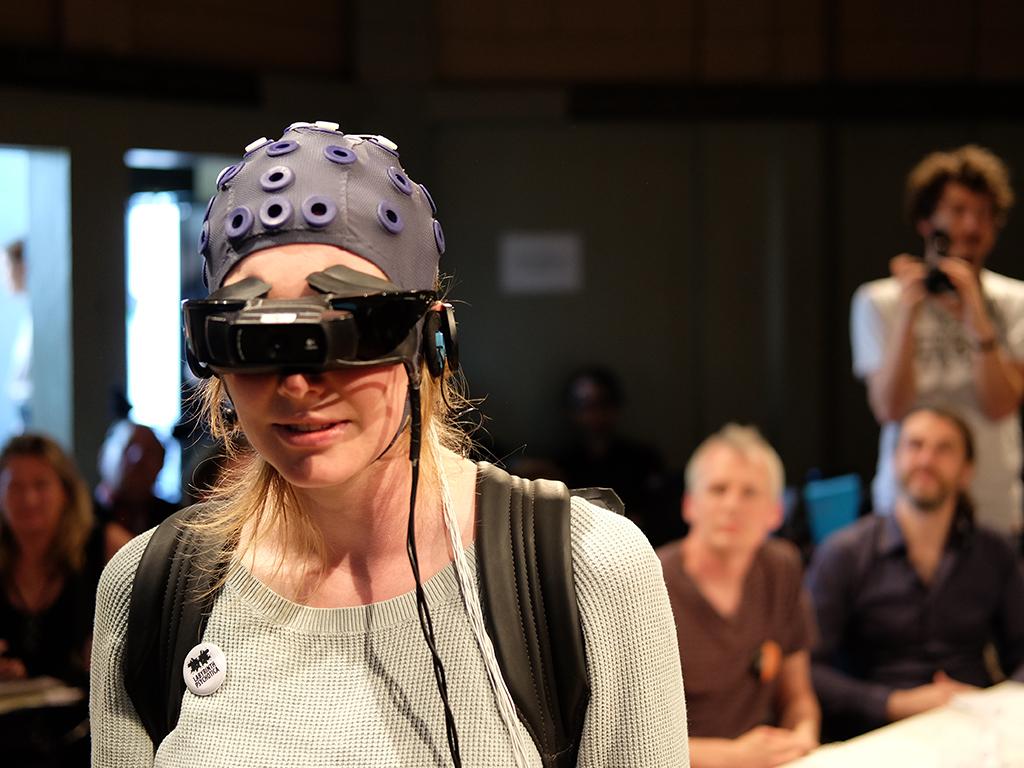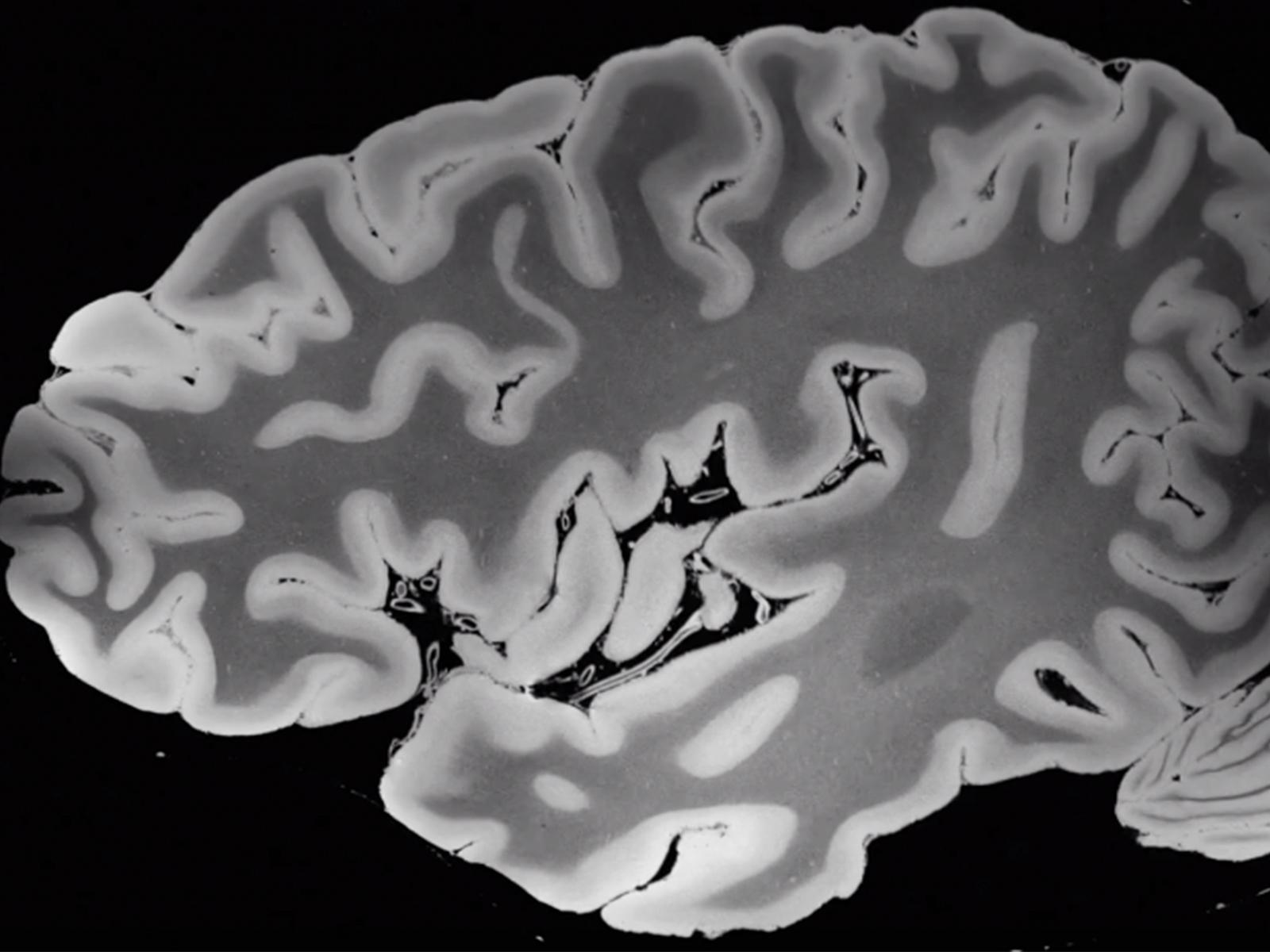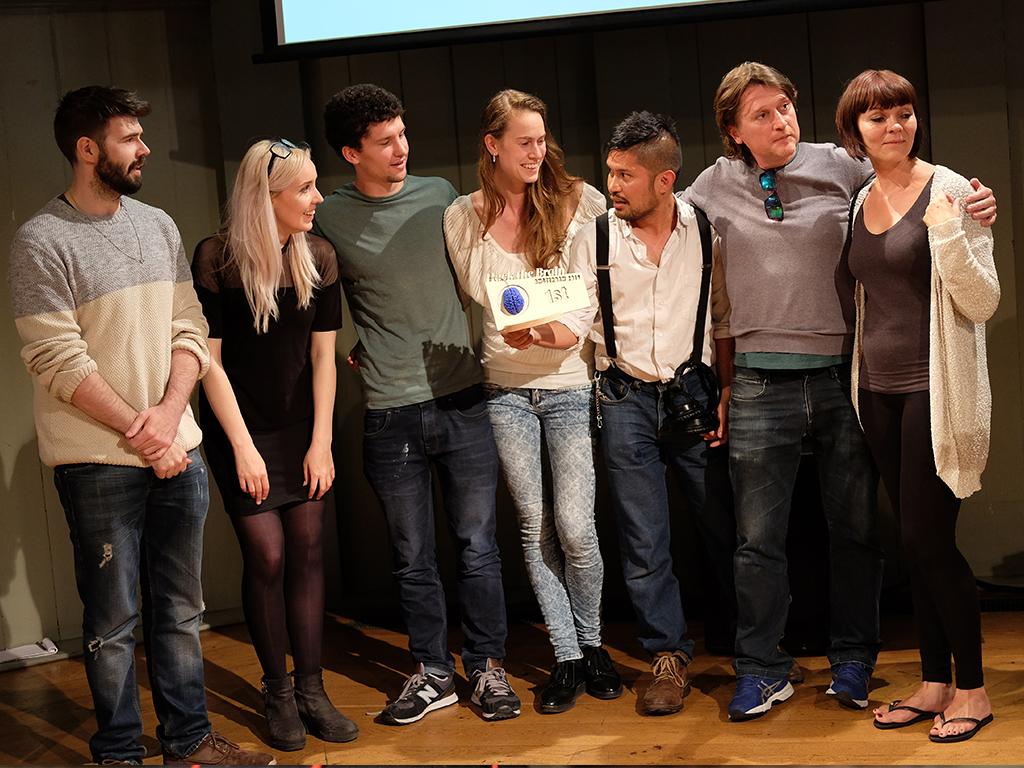Sabine Roeser, Veronica Alfano and Caroline Nevejan have written an article in which they explore the role that art can play in ethical reflection on risky and controversial technologies.
In particular, they focus on the case of BNCI (Brain/Neural Computer Interface) technologies and related artworks. These technologies and artworks touch on questions of what it means to be human, thereby raising profound ethical and philosophical challenges.
They discuss the experiences of artists, scientists, and engineers who are directly involved with BNCI technologies, and who were interviewed during Hack the Brain 2016 at Amsterdam’s Waag. Their views are analyzed in light of philosophical and aesthetic theories, which allows us to consider relevant ethical and conceptual issues as well as topics for further investigation.
The article is published under an Open Access program, thus it is freely accessible to any user.


